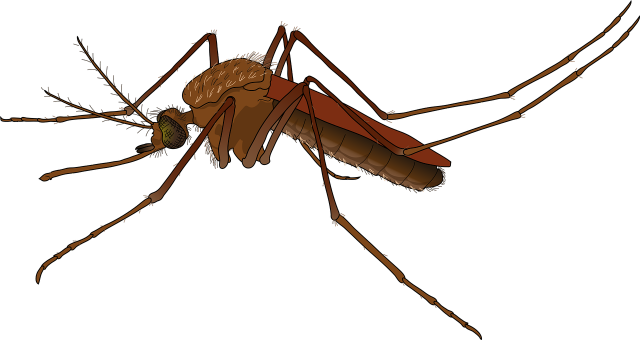Some of the effects that Humans and Nature have on each other

Though historically considered an ancient wisdom, the researchers at Glasgow University have found out that nature profoundly effects human moods and happiness levels. Those exposed to greener environments tend to live a happier and more content life than those trying to survive in the urban areas, the study concluded. Humans influence the environment in the same manner often more forcefully than the environment does on us. Following is a list of some of the most amazing effects of environment on human life.
Humans are shaping Evolution in many ways
It is not a secret that the encroachment and human activity in natural habitats have considerably affected the lives of many animals. However, humans impact on the natural world can also be subtle and hidden, with a long-lasting effect on animals. There is evidence to suggest that human activity can sometimes give rise to a whole new kind of species effectively triggering a new kind of evolutionary factor that never existed before. For instance, the mosquitos found in the underground tunnels in London came into existence due to the human activity above ground. During the Second World War when many animals were forced to live in these networks of tunnels due to intense bombings, the mosquitos started breeding on these animals. Now after decades of inbreeding due to the lack of interaction with other species above ground, these mosquitos have a distinct DNA that does not resemble their ancestors’ or even those found in the city meaning they cannot successfully breed with other mosquitos.

Nightlife is causing Early Spring
We pride ourselves on the fact that our cities are so bright and lit during the night; staying completely oblivious to its impact on the wider ecosystem. Researchers in the UK closely monitored a number of trees in urban areas and found that nightlight profoundly affects the nature of these plants; by forcing them to bud at least seven days before their nonurban counterparts. This change may seem minute, but in terms of ecosystem balance, a whole week can create a ripple that could travel through the system disrupting the whole cycle of seasons and confusing the birds and bees which are contributing factor to pollination and growth.
Cigarette Butts fatal for aquatic life
Out of millions of cigarettes produced and consumed every year a very small portion actually ends up in recycling plants, and a very big portion ends up dumped in the oceans putting the precious aquatic life at risk. The cigarette butts are composed of very small particles of plastic meticulously woven together to make the fiber. Scientists suggest that one small cigarette butt can effectively contaminate one liter of ocean water making it impossible for fish to survive in that water.

Roads can be Beneficial for Nature
Despite the rigorous campaigns against the construction of roads and other industrial structures in the rural area, there are actually a number of benefits that these roads potentially carry for the environment. The argument against the building of roads in the rural areas is that it triggers accelerated human activity in the region badly effecting the ecosystem, however, a study by a Cambridge University by Professor Andrew Balmford suggests otherwise. According to Professor Balmford the consequence of building roads in a rural area wholly depends on the planning and location. These roads can actually help preserve the large chunk of naturally developed woodlands in ways that not building these roads simply cannot, argues Professor Balmford. He expounds that the roads can make the lives of the villagers and farmers easy by giving them quick access. Roads in the rural areas can be used as a link between two points which can significantly lower the possibility of human encroachment in the natural area in between the two locations.
People in Warmer Climates are more Violent.
There have been a number of studies suggesting that the people living near the equator with a warmer climate tend to exhibit more violent behaviors than those living in colder regions. Researchers have been unsuccessful so far to clearly determine the correlation; however, there are various speculations and hypotheses that cite many reasons for this behavior. There are those who suggest that warmer climates make people uncomfortable and more prone to aggression. The outdoor interaction in the warmer regions is greater than average which again invites more violent skirmishes.

Babies Born near Greenery are Healthier
A study carried out by Ben-Gurion University in 2014 made the astonishing suggestion that mothers living in considerably greener areas tend to give birth to babies with reasonably higher average birth weights. The study also suggests that the lower birth weight has been historically linked with a number of complications for the infant in the future. The study found out that a large number of babies with lower birth weights are born in regions with a significantly lower levels of greenery: gardens, cemeteries, and parks don’t contribute as significantly as wider open areas like fields and woodland.
